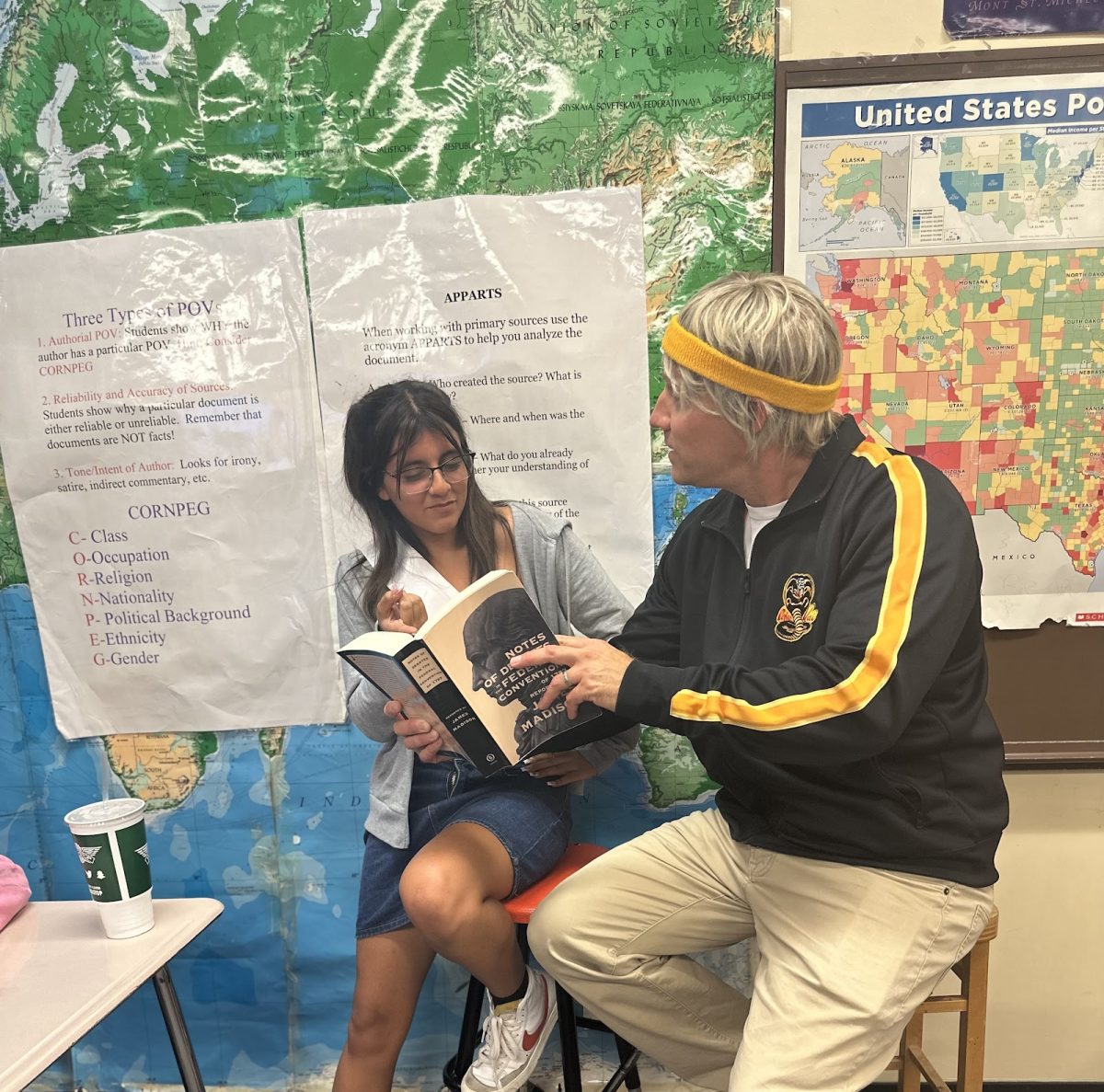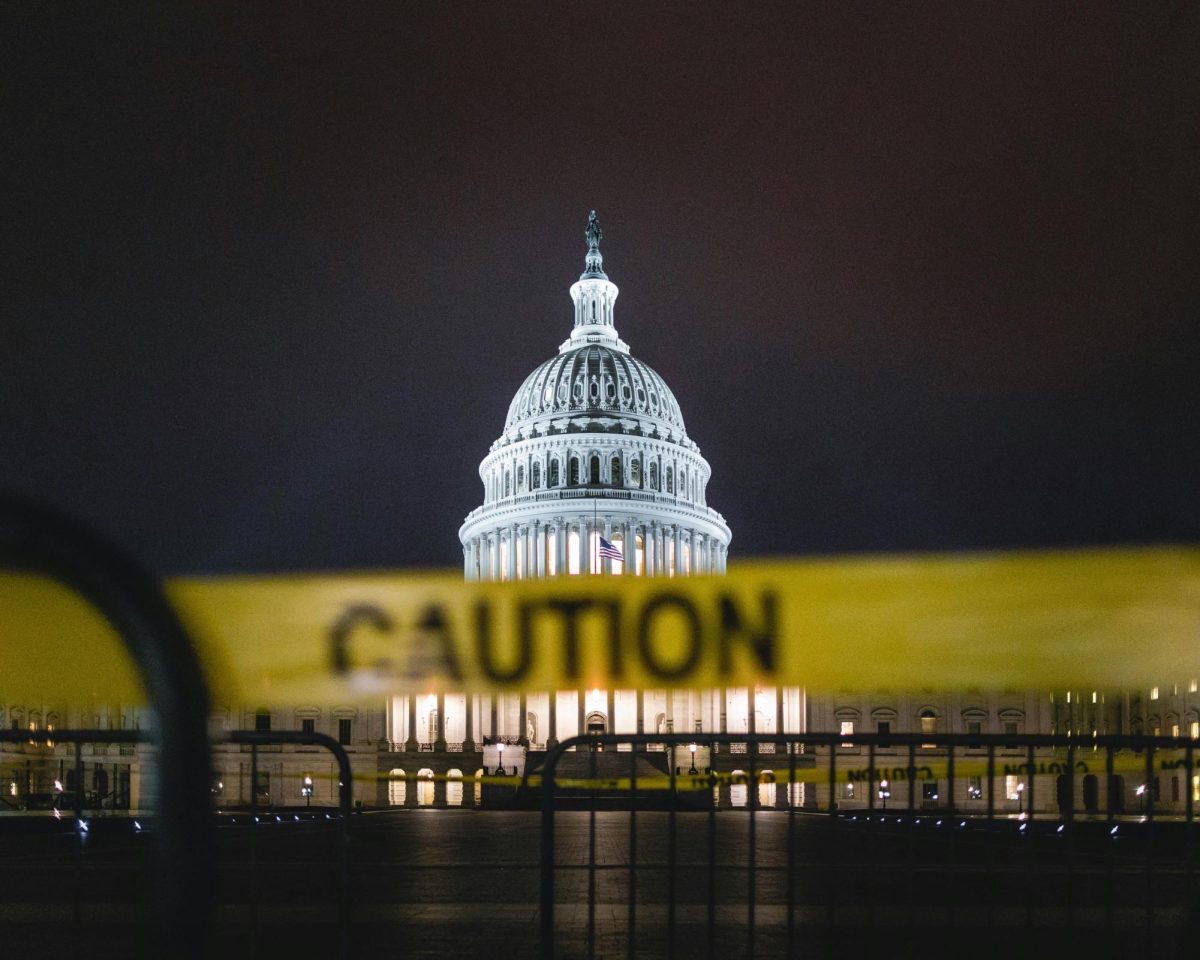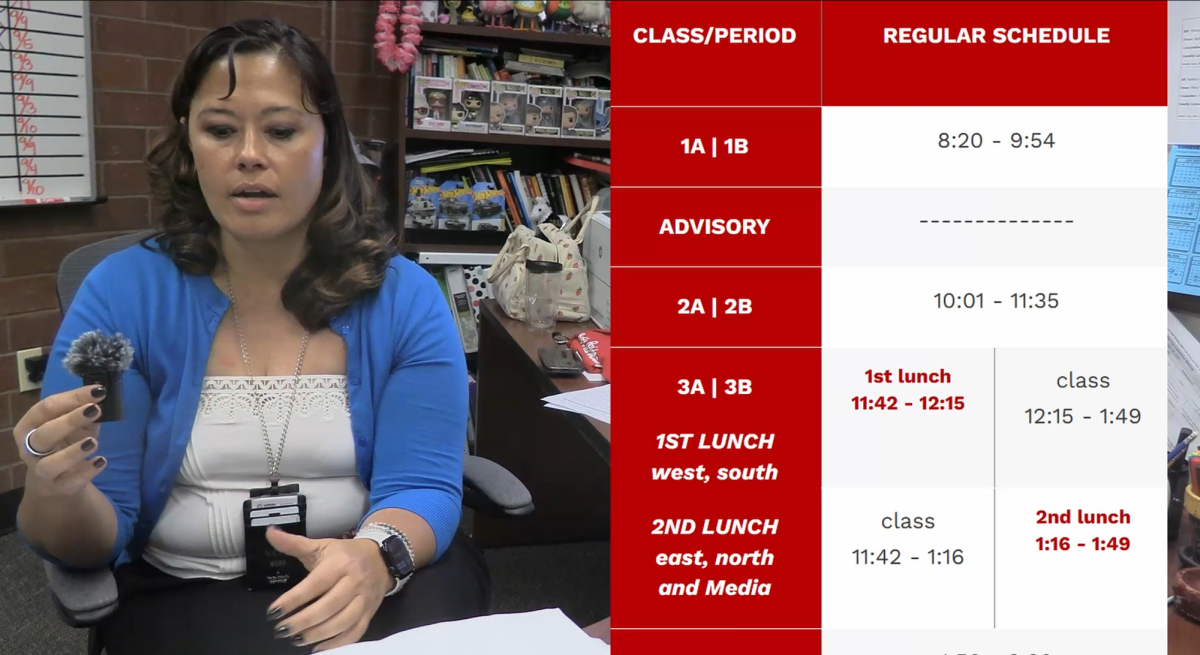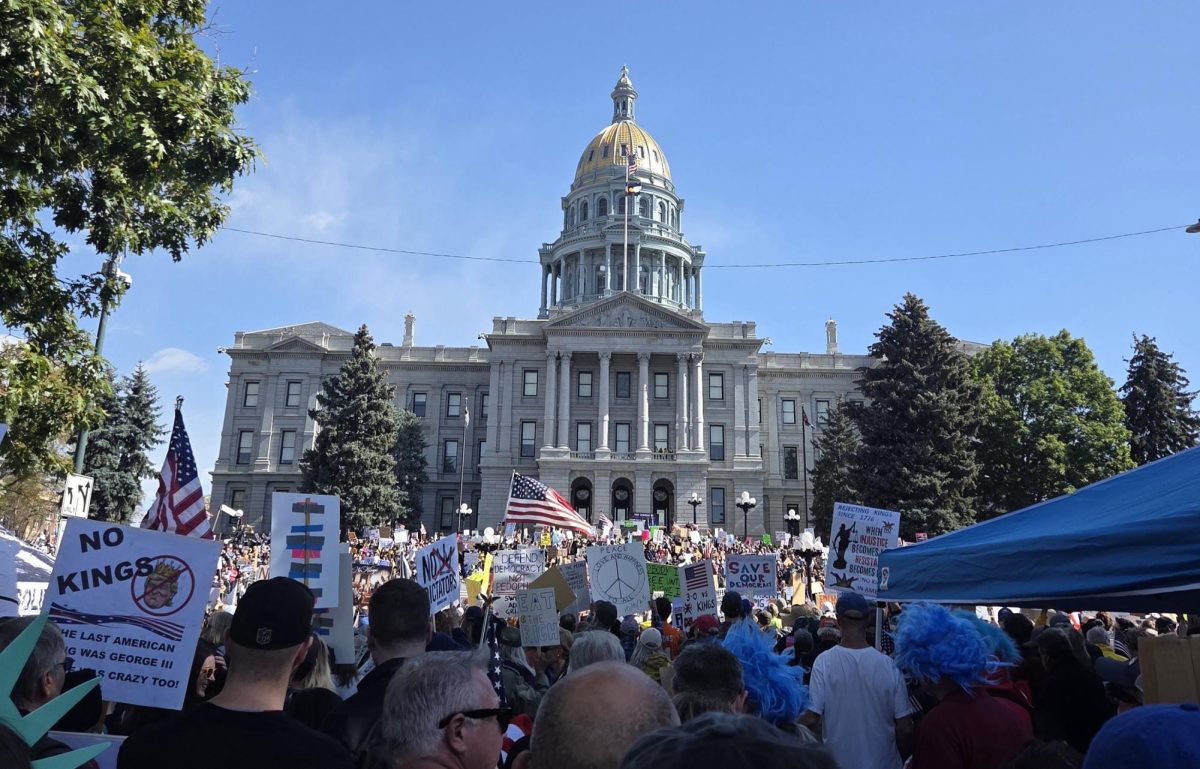Teachers in the Aurora Public Schools remain furious as they continue teaching without a contract primarily because of significant pay disparities between APS and neighboring districts, as well as a non-competitive offer to veteran teachers.
Progress was non-existent until Friday September 15, as the district had refused to come back to the bargaining table, but renegotiations will begin Wednesday September 20 because of what superintendent Michael Giles described as teacher “advocacy.”
“APS leadership [knows] that AEA is willing to return to the bargaining table if the district is willing to increase their offer, not simply shuffle it around,” stated AEA President Linnea Reed-Ellis. “A budget is a reflection of values and priorities. Our continual push is for the district budget to reflect that our number one value is the people in front of students on a daily basis.
A majority, but not all teachers are a part of a union, which ultimately means that teachers/ licensed staff are represented through collective bargaining to negotiate their salary.
Recently the state of Colorado Legislative Assembly sent $40 million to the districts. Districts including Littleton, Denver, Douglas, Cherry Creek decided to use the funding they received to give their teachers a raise.
The licensed staff within the APS through the Aurora Education Association began negotiations relatively late last school year, but strongly rejected a district offer that would have significantly raised new teacher salaries, but was a non-starter with veterans who were offered a paltry $900 raise that would not have even covered the annual increase in cost of living in Colorado.
“It felt like a huge slap in the face,” said 20-year Rangeview veteran teacher Christina Despain.
A common theme among teachers is a feeling of disrespect resulting from the district’s decision. This raises huge concerns because even though teachers aren’t allowed to strike they can always find ways to make their voices heard or even perform silent protests. According to sources within the AEA, discussions of boycotting much-maligned district-designed professional development are ramping up.
Teacher shortages are already a crippling issue for a struggling district like APS. Several APS schools began the school year with more than 10% of their licensed positions unfilled.
“As Superintendent, I must balance raising teacher pay with my duty to be fiscally responsible with our district’s resources,” stated new superintendent Michael Giles. “Overall, I am very concerned about our ability to attract new teachers with our current starting teacher salary and I must maintain a fiscally responsible fund balance so that we do not bankrupt our community.”
Educators in APS have long bemoaned bloated middle management and unnecessary executive positions in the district that take away valuable money from schools and instead use those resources for hundreds of district employees responsible for “instruction” that never interact with students.
Without a compelling financial solution, Giles and APS are fueling teachers with reasons to leave a district that is already hemorrhaging teachers and students. Nearly two months into the school year the Aurora Public schools website shows over 100 open licensed positions unfilled throughout the district. A survey run by the EdWeek Research Center claims that one in three teachers will quit in their first five years teaching.
“Teachers love what they do but can’t afford the price to teach. They must promptly think of ways to come to an agreement before it develops into a bigger issue than the district can control,” said Rangeview Social Studies teacher and AEA representative Stephanie Walsh.
“I have personally heard from veteran educators across the district that they acknowledge the difficult financial reality of our early career educators,” stated Reed-Ellis. “While they express the need for compensation that values their long term dedication to APS, they also have expressed a willingness to take a smaller pay raise in order for our early career educators to get a larger raise. That is solidarity in action! I’m so proud to represent a group of educators who share a collective value of the greatest good for all!”
Ellis appears to be addressing the possibility of tension between new teachers and old teachers because of the divisive offer from the district. Even though this new tactic is to keep new teachers it’s still undervaluing old teachers. Inflation and the economy does not only affect young people, but affects everyone as a whole and if teachers old and new can’t afford the cost of living, teachers will continue to quit.
With stalled negotiations and little hope for an end in sight, controversy will continue for APS as a constant flow of teachers leaving their district is likely. Ultimately these obstacles not only affect faculty, but most importantly they hurt students.
“Passion does not pay the bills,” said Walsh.






